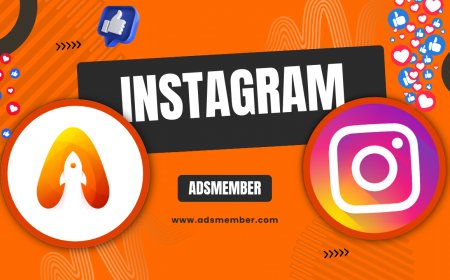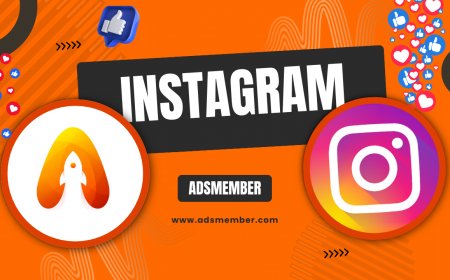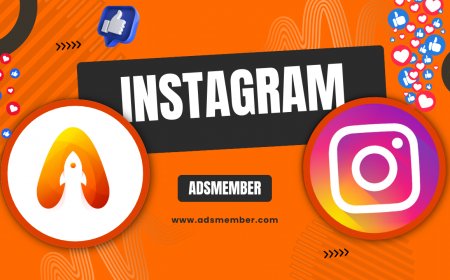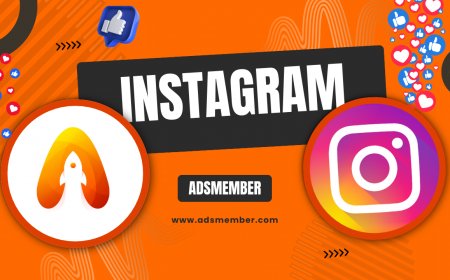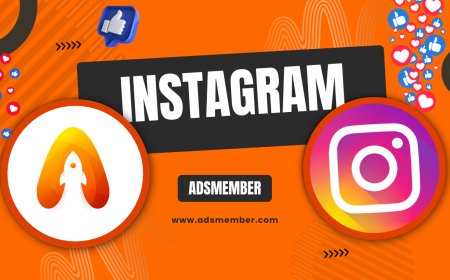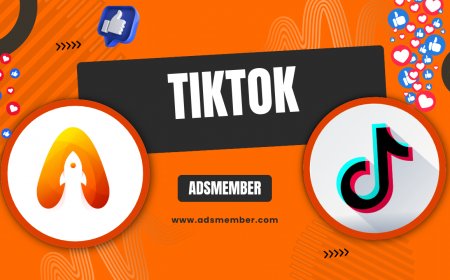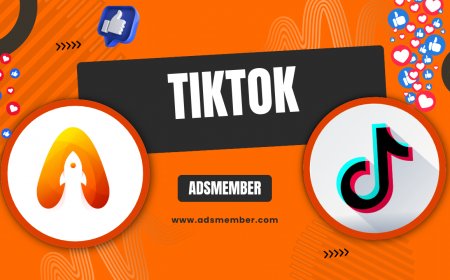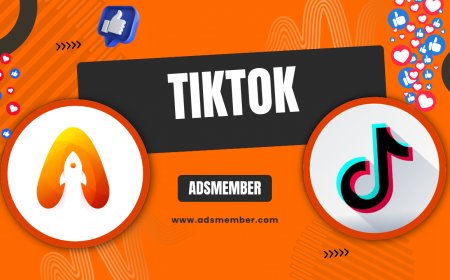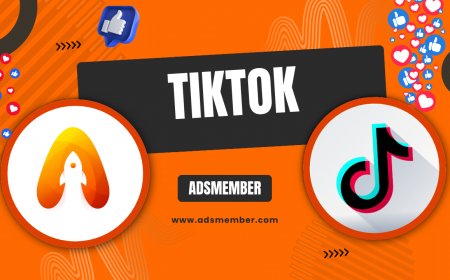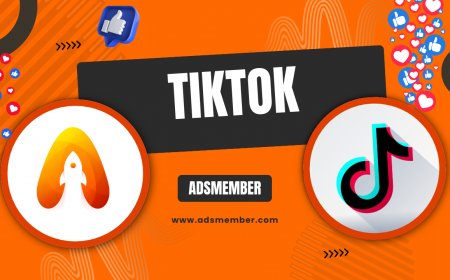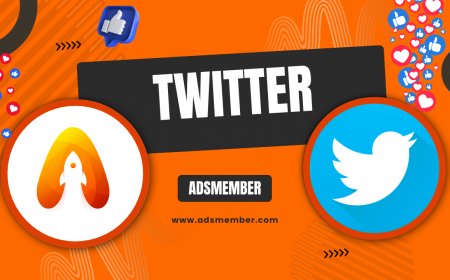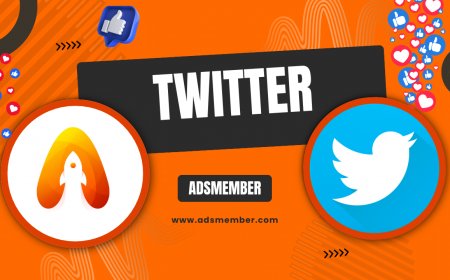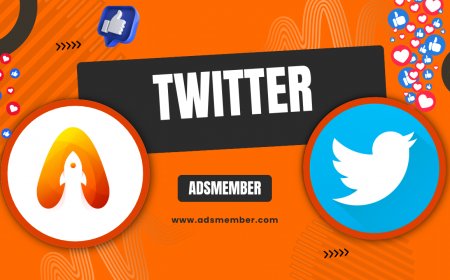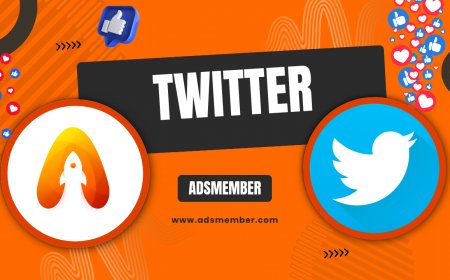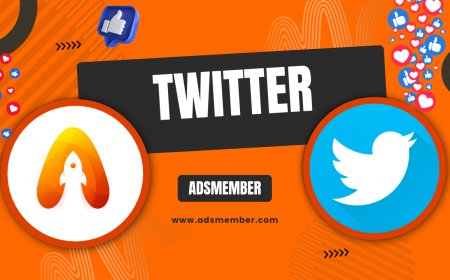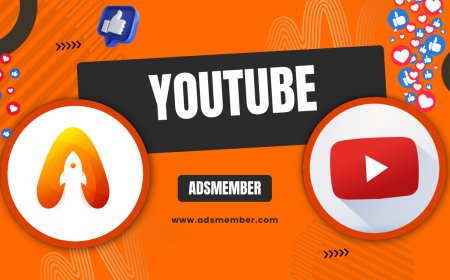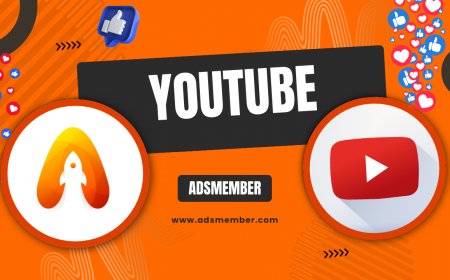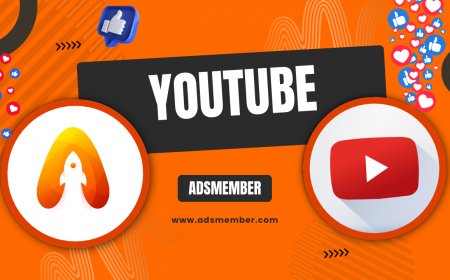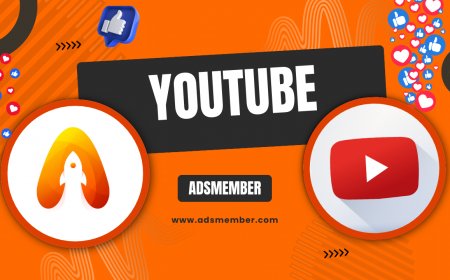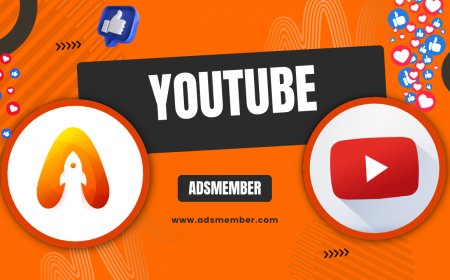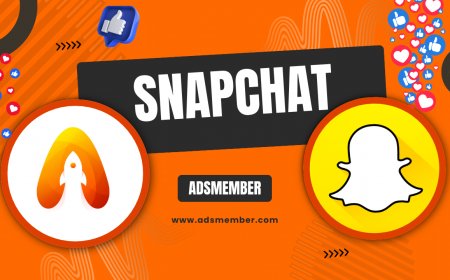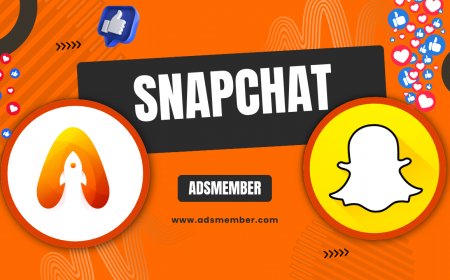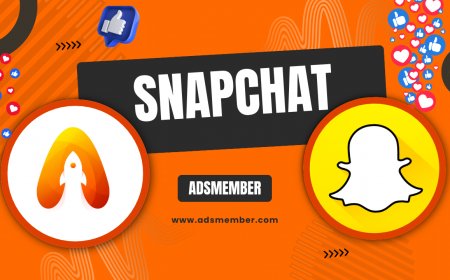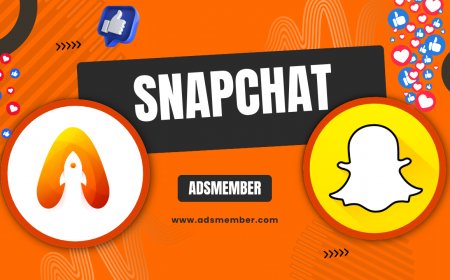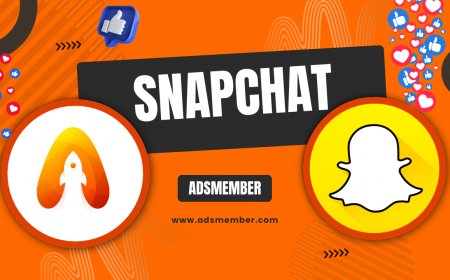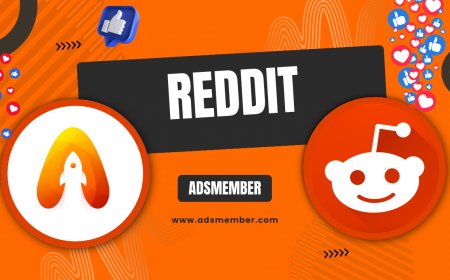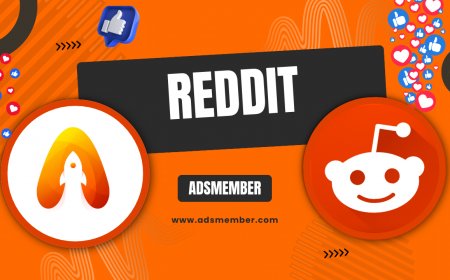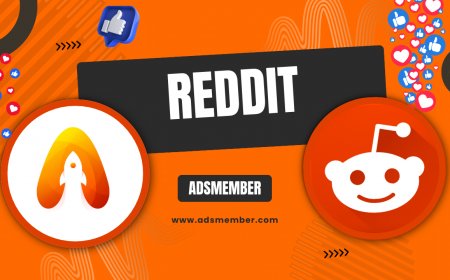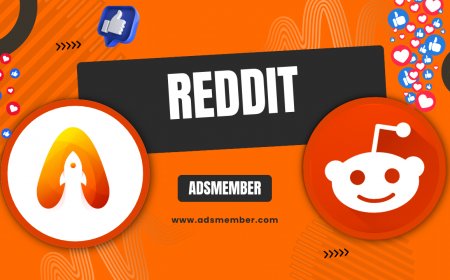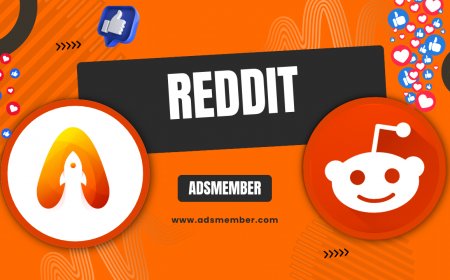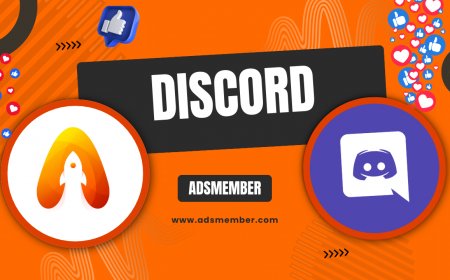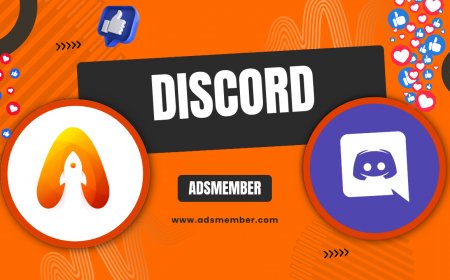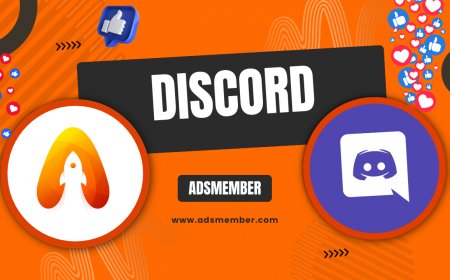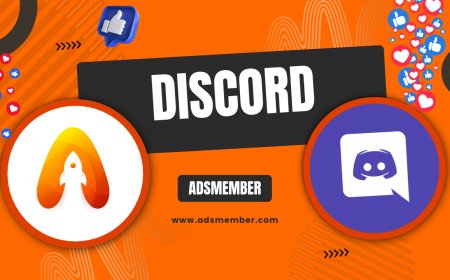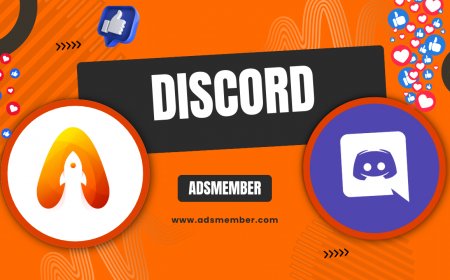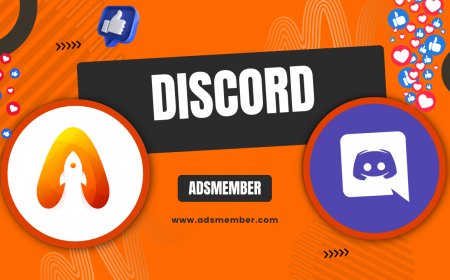Mastering Discord Dev: Build Bots and Apps Like a Pro
Dive into Discord dev with expert tips on building bots and apps. Learn API basics, coding steps, and unique strategies to create powerful Discord tools for…
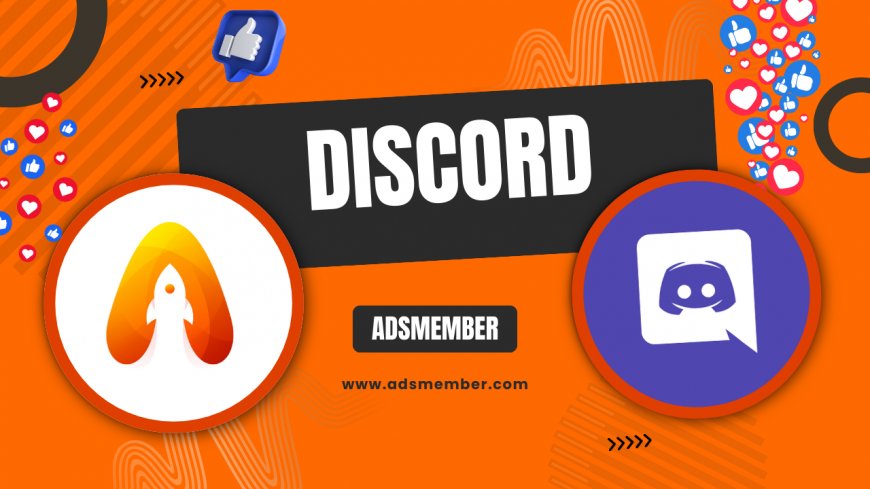
Hey there, aspiring Discord developers! If you’ve ever wanted to create a bot or app that spices up a server or automates tasks, you’re in the right place. Discord dev isn’t just coding—it’s about crafting experiences for millions of users worldwide. Honestly, I’ve been hooked since I built my first bot, and I’m thrilled to share my journey, tips, and technical know-how with you. Let’s dive into the world of Discord development together!
Understanding the Basics of Discord Dev
Before you write a single line of code, you need to grasp what Discord dev entails. It’s all about interacting with the Discord API—a powerful interface that lets you build bots, apps, and integrations. Whether it’s moderating chats or creating fun games, the API is your gateway. In my opinion, starting with the basics saves headaches later.
The Discord API uses RESTful endpoints and WebSocket connections for real-time updates. You’ll need a solid grasp of HTTP requests and events like ‘messageCreate’ to make things happen. Trust me, it’s not as daunting as it sounds once you get rolling. Ready to set up? Let’s move to the next step.
Getting Started with Developer Tools
To kick off your Discord dev journey, head to the Discord Developer Portal. Here, you can create an app, generate a bot token, and define permissions. This portal is your control center—don’t skip exploring it. I remember fumbling through it at first, but it quickly became second nature.
You’ll also need a programming environment. Popular choices include Node.js with libraries like discord.js or Python with discord.py. Both are beginner-friendly and well-documented, which is a lifesaver when debugging. Pick one that matches your coding comfort zone.
Step-by-Step Guide to Building Your First Discord Bot
Creating a Discord bot is often the first project for new devs, and it’s incredibly rewarding. Imagine your bot greeting users or playing music in a server—it’s pure magic! I still get excited seeing my bots come to life. Let’s break this down into clear, actionable steps so you can build one too.
Coding Your Bot from Scratch
Here’s a detailed guide to building a simple bot using Node.js and discord.js. I’ve used this setup for multiple projects, and it’s reliable. Make sure you have Node.js installed before starting. If not, grab it from their official site. Let’s get coding!
- Set Up Your Project: Create a new folder, open a terminal, and run
npm init -yto initialize a Node.js project. Then, install discord.js withnpm install discord.js. - Create Your Bot File: Make a file named
bot.js. This is where your bot’s logic lives. Open it in your favorite code editor. - Write Basic Code: Add the following to
bot.js:const { Client, GatewayIntentBits } = require('discord.js'); const client = new Client({ intents: [GatewayIntentBits.Guilds, GatewayIntentBits.GuildMessages] }); client.on('ready', () => console.log('Bot is online!')); client.login('YOUR_BOT_TOKEN');. Replace 'YOUR_BOT_TOKEN' with the token from the Developer Portal. - Add a Simple Command: To make your bot respond to messages, add:
client.on('messageCreate', message => { if (message.content === '!hello') { message.reply('Hey there!'); } });. This replies to ‘!hello’ with a greeting. - Run Your Bot: In the terminal, type
node bot.js. If everything’s set, you’ll see ‘Bot is online!’ in the console. Invite the bot to your server via the Developer Portal, and test the command!
This is just the start. From here, you can expand with more commands or features. I’ve spent hours tweaking bots to handle custom reactions—trust me, it’s addictive. If you hit a snag, the discord.js documentation is a goldmine.
Testing and Debugging Tips
Testing is crucial in Discord dev. Always test your bot in a private server before unleashing it on a larger community. I learned this the hard way when a buggy bot spammed a server with error messages—embarrassing! Use console logs to track what’s happening behind the scenes.
Also, keep an eye on rate limits. Discord’s API caps how many requests you can make per second. Exceeding this can get your bot temporarily banned, so implement delays if needed. Tools like Postman can help test API calls without running full bot scripts.
Advanced Discord Dev: Beyond Basic Bots
Once you’ve nailed the basics, it’s time to level up. Advanced Discord dev includes building slash commands, integrating with external APIs, or even creating full-fledged apps. Honestly, this is where the real fun begins. I’ve seen developers transform servers with innovative tools, and you can too.
Exploring Slash Commands and Interactions
Slash commands are the modern way to interact with bots, replacing old-school text prefixes like ‘!’. They’re sleek, user-friendly, and supported via Discord’s Interactions API. Setting them up takes a bit more effort, but the polish is worth it. My users loved the upgrade when I switched.
To implement them, update your bot with the ApplicationCommand structure in discord.js. Register commands globally or per server, then handle interactions with event listeners. Check the discord.js guide for code snippets. It’s a game-changer for usability.
Case Study: Building a Custom Moderation App
Let me share a project I worked on—a custom moderation app for a 10,000-member server. The goal was to automate bans, warnings, and logs using Discord’s API. We used Python with discord.py, integrating a database to track user infractions. The result? Server mods saved hours weekly.
The key was using Webhooks for real-time logging and setting up event listeners for message deletions or edits. If you’re tackling a similar project, start small—test with one feature before scaling. Also, involve server admins for feedback. Their input made our app 10x better.
What Are the Best Languages for Discord Dev?
Choosing a programming language for Discord dev can feel overwhelming. Should you go with JavaScript, Python, or something else? I’ve tried a few, and in my opinion, it depends on your goals and comfort level. Let’s break down the popular options to help you decide.
JavaScript, via Node.js and discord.js, is the most popular due to its active community and extensive libraries. Python’s discord.py is great for readability and beginners. For performance-heavy bots, consider Rust with Serenity—it’s lightning-fast but steeper to learn. Check out community forums on Discord Dev Resources for more insights.
How Do I Host a Discord Bot 24/7?
Hosting a bot so it runs continuously is a common challenge. You can’t just leave your laptop on forever! I’ve used free services like Replit for small projects, but for serious bots, a Virtual Private Server (VPS) like DigitalOcean works best. Expect to pay $5–10/month for basic hosting.
Another tip: use process managers like PM2 for Node.js to restart your bot if it crashes. Set up a simple script to monitor uptime. Trust me, waking up to a dead bot is frustrating—automation saves the day.
What Permissions Should My Discord Bot Have?
Bot permissions are critical for security and functionality. In the Developer Portal, you define what your bot can do—like sending messages or banning users. Always follow the principle of least privilege: only grant what’s necessary. I’ve seen bots with admin access wreak havoc when misused.
Use the permissions calculator in the Portal to generate an invite link with specific scopes. For example, a music bot needs ‘Connect’ and ‘Speak’ for voice channels. Double-check before inviting it to a server to avoid issues.
How Can I Monetize My Discord Dev Skills?
Turning your Discord dev skills into cash is totally doable. Many server owners pay for custom bots or integrations—think $50–500 per project based on complexity. I’ve earned a decent side income creating niche bots for gaming communities. Start by offering services on platforms like Fiverr.
Another idea is building premium bots with subscription features using Discord’s monetization tools. Check out their latest updates on app monetization in the Developer Portal. Also, network in Discord dev communities—word of mouth gets you clients faster than ads.
What's Your Reaction?
 Like
0
Like
0
 Dislike
0
Dislike
0
 Love
0
Love
0
 Funny
0
Funny
0
 Angry
0
Angry
0
 Sad
0
Sad
0
 Wow
0
Wow
0
